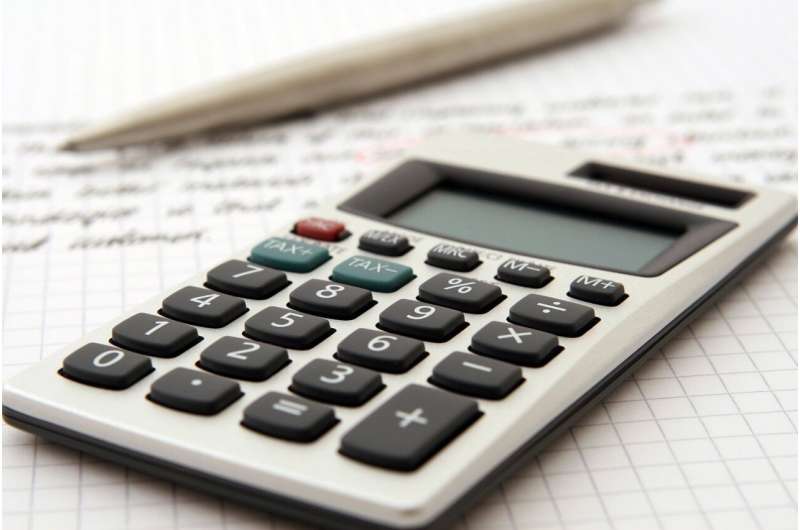Consumers underestimate future annual spending by over $5,000

Consumers in the UK, US and Canada underestimate their future expenses by an average of £75 per week, the equivalent of £3,900 (approximately $5,100) a year, new research from the University of St Andrews shows.
The study, conducted in partnership with Texas A&M University, the University of Chicago and the University of British Columbia, found that when people estimate their future expenses they tend to focus only on typical expenses like groceries and fuel, while forgetting about atypical expenses such as car repairs or home improvement.
The research comes as the energy price cap is due to rise (Friday 1 April) increasing the financial pressure on households.
Published in the Journal of Marketing Research, the research found that the more people depend on their typical expenses to predict their expenditure in a given month, the more likely they are to underestimate and therefore overspend, leaving them vulnerable to reliance on debt.
For example, a consumer who needs to buy a new sofa may calculate whether they have enough money based on their most typical expenses from the last month rather than on what they will actually spend this month. As a result, they may underestimate their total expenses and overspend on their new sofa.
Dr. Marcel Lukas, of the School of Management at the University of St Andrews, said: "Your prediction accuracy is important because underpredicting future expenses can mean overspending on that new piece of furniture today, and for many consumers that can lead to an increased debt burden.
"At a time when fuel and energy prices are rising, accurate prediction can mean the difference between budgeting successfully or falling into debt dependency."
Dr. Lukas and his co-authors suggest consumers improve their expense prediction accuracy by spending time thinking of reasons why their expenses could be different. This "atypical" nudge leads to more accurate expense estimates by prompting people to consider atypical expenses which could arise, such as a car repair bill.
Dr. Lukas added: "We believe that our atypical nudge can improve people's financial wellbeing by giving them a clearer picture of their future spending.
"We also hope it can be used to inform the design of products that aim to improve consumers' predictions and plans with respect to calories, exercise, sleep, and a host of other variables that can positively impact consumers' overall wellbeing."
The data was collected via a longitudinal field study in Canada, from experiments with a representative sample of US consumers, and from a collaboration with a UK personal finance app.
The paper, "Understanding and Neutralizing the Expense Prediction Bias: The Role of Accessibility, Typicality, and Skewness," is published in the Journal of Marketing Research
More information: Ray Charles "Chuck" Howard et al, Understanding and Neutralizing the Expense Prediction Bias: The Role of Accessibility, Typicality, and Skewness, Journal of Marketing Research (2021). DOI: 10.1177/00222437211068025
Provided by University of St Andrews




















